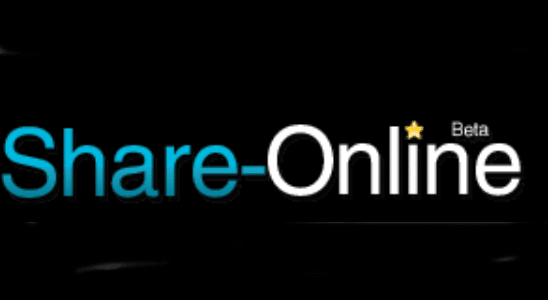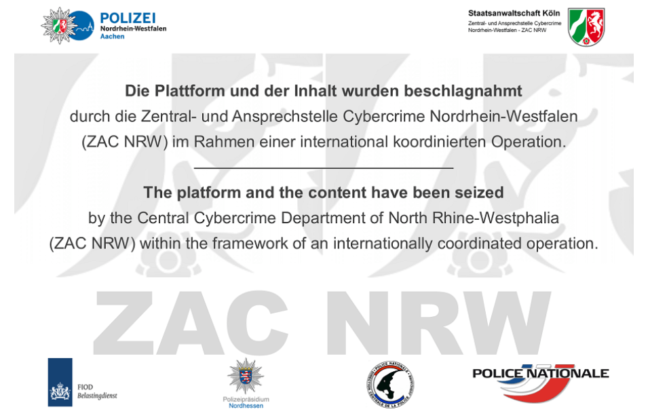 In October 2019, an international police operation brought an abrupt end to Share-Online.biz, the largest file-hosting platform in Germany at the time.
In October 2019, an international police operation brought an abrupt end to Share-Online.biz, the largest file-hosting platform in Germany at the time.
The raids, which targeted data centers in the Netherlands and France as well as residential addresses in Germany, resulted in the seizure of many servers and the shutdown of a platform that served more than a million registered users.
Files stored on Share-Online were typically promoted through third-party sites such as DDL-Warez, Boerse, Movie-Blog, and MyGully. As a host/cyberlocker, Share-Online did not actively promote pirated content to the public.
Suspended Prison Sentence for ‘Neutral’ Host
That seemingly neutral stance did not prevent a criminal investigation or the subsequent prosecution of the site’s operator. This week, the Aachen Regional Court sentenced the defendant to a two-year suspended prison term.
While the suspended sentence means the unnamed defendant will not serve prison time, the legal precedent is significant. Historically, cyberlockers have operated in somewhat of a legal gray area, claiming they are neutral service providers who merely offer storage space.
The Aachen court rejected this defense, FAZ reports, concluding that the operator facilitated copyright infringement with a profit-motive.

Details on the ruling are scarce, and we have yet to see a copy of the verdict. However, according to the Alliance for Creativity and Entertainment (ACE), which supported the anti-piracy action, it is a key victory.
“This ruling makes clear that operators of ostensibly neutral platforms cannot rely on liability privileges or professed ignorance. For a platform like Share-Online, it is not sufficient to merely acknowledge abuse notifications from rights holders,” says Geerart Bourlon, MPA’s Vice President of Content Protection and Legal Counsel.
“Anyone whose business model promotes or supports copyright-infringing acts is not only liable for injunctive relief and damages but also commits a criminal offense,” Bourlon adds.
What Happened to the €50 Million?
The MPA/ACE press release specifically credits Gregory Skavron, the prosecutor at the Nordrhein-Westfalen Cybercrime Unit (ZAC NRW). However, there is no mention of the now-bankrupt German anti-piracy outfit GVU, which carried out the investigation of Share-Online.
Similarly, while the press release prominently features the €50 million revenue figure to illustrate the scale of the piracy operation, what happened to this money isn’t made clear. Were any of these funds actually recovered? And if so, were rightsholders compensated?
The absence of any mention concerning damages suggests that, while the “revenue” was massive, the actual recoverable assets may have been much lower or hidden from law enforcement.
The “User” Threat Evaporates
Finally, it is worth mentioning that a spokesperson of the cybercrime police previously suggested that Share-Online users were also at risk, with high-volume uploaders as the prime target.
“If identification is possible, subsequent investigations against the uploaders and possibly also against downloaders are realistic scenarios. For reasons of capacity, we will certainly proceed in a layered manner in the investigations and, in due course, may initially focus on the top uploaders,” the spokesperson said in 2020.
This threat never materialized, as far as we know. This may be in part due to the complex investigation that spanned many terabytes of files. If it takes six years to convict the operator, going after uploaders may have turned out to be too much.
Ultimately, the Share-Online outcome is somewhat of a mixed bag for rightsholders. The movie industry secured a major legal victory and defeated the “neutral host” defense. However, the fact that the site’s operator, who presumably earned millions, can avoid a prison sentence must be seen as a disappointment.
From: TF, for the latest news on copyright battles, piracy and more.
Powered by WPeMatico
